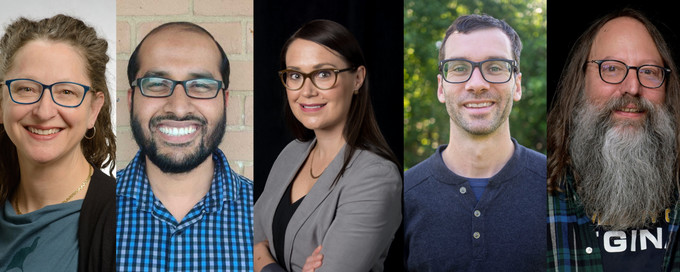In celebrating the 50th Anniversary of the University of Regina—the groundbreaking research, student success, and commitment to our community—we also celebrate the exceptional educators, who are in many ways the heartbeat of our university.
To honour our exceptional educators and their contributions, the U of R’s Centre for Teaching and Learning (CTL) has recognised five outstanding professors with 2024 Teaching Awards. Yet, the words "exceptional" or “outstanding” barely scratch the surface of what these educators represent.
Each award recipient was invited to share their thoughts on what teaching means to them and how they build connections both inside and outside the classroom. One striking similarity stood out: while a range of knowledge and years of finely honed skills are important components in becoming great educators, it is their passion—their heart—that truly fuels these exceptional educators and leaves a lasting impact on students and the community.
Read on to learn more about the experiences of each recipient and their unmistakable passion.
Dr. Risa Horowitz, 2024 recipient of the U of R President’s Award for Teaching Excellence
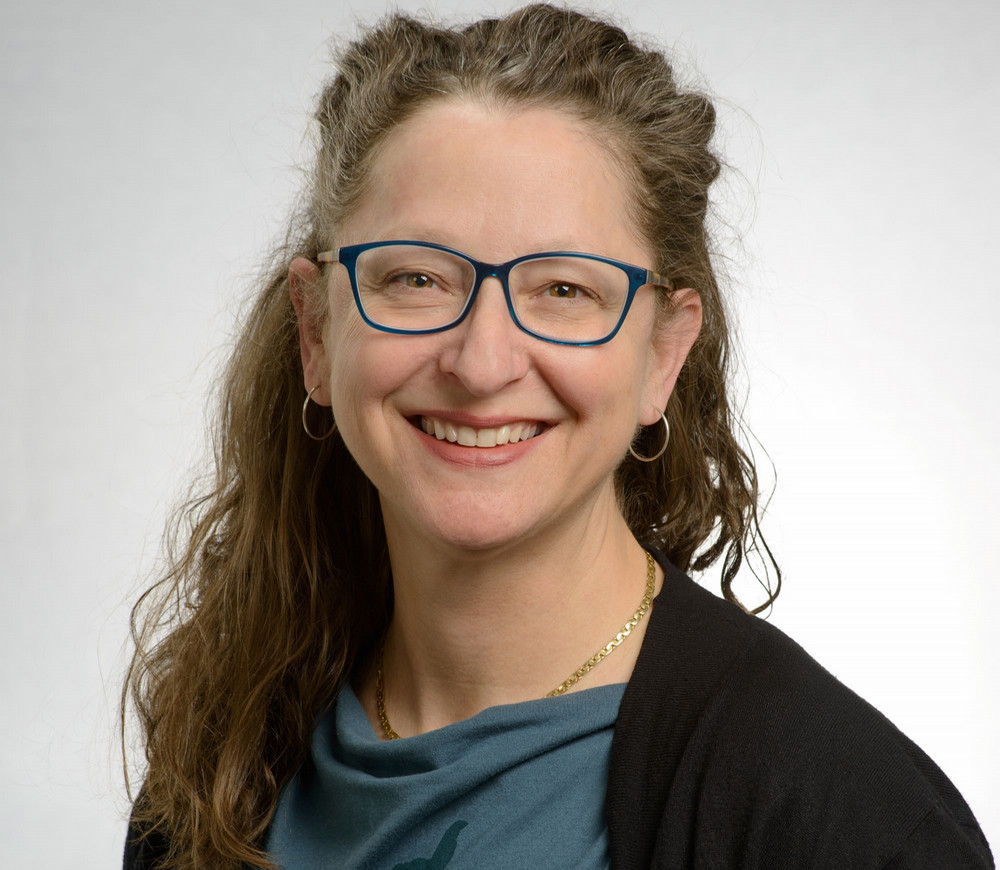
“I really enjoy teaching. It means that I can participate in the nurturing of artists who have their own voices and who themselves are unafraid to experiment with the unknown, play with uncertainty, succeed through their failures, and share those trials with one another and the world. It is an honour to be a part of the academic and early career successes of students with whom I work.
I see my role as a teacher of visual arts practices as one of mentorship. The processes of making art provide a perfect methodology for its teaching. We look, look away, listen, read, watch, write, putter, labour, construct, deconstruct, analyze, question, poke around in, and experience our engagement with the world of making with acute curiosity. My pedagogical approach is guided by these processes and strategies, and my connection with students is underpinned by modelling what it means to be a practicing visual and media artist. I draw upon and share my own curiosity in the world, and my own dedication to learning. I am eager to explore art with students, to fill them with ideas, to develop their skills, to lavish upon them whenever I can, and to challenge them as often as possible. I believe in hard work, preparation, and dedication, and I also believe that art is good, must be had, done, made, given, tweaked, worked on, worked-out, shaken down, made to intervene, and go mainstream all in one breadth.”
Risa Horowitz, PhD
Professor, Visual Arts
Faculty of Media, Arts, and Performance
Dr. Muhammad Asadullah, 2024 recipient of the U of R Provosts’ Award for Innovation in Teaching
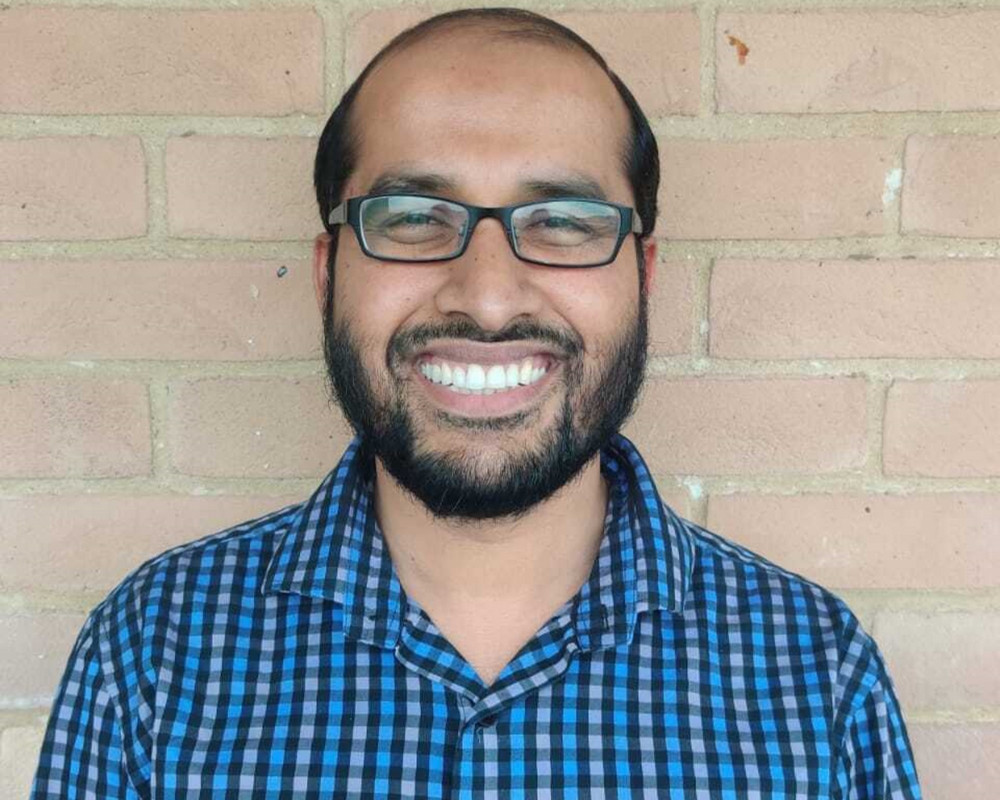
“Teaching is more than just a job to me; it is my passion. In fact, I consider teaching to be an art form. I am thus incredibly fortunate to have found a profession that feeds both my soul and my stomach. I am also deeply conscious that teaching is a privilege – the ability to nurture minds, to guide the development of ethical citizens of the world, and to learn from my students in return are rare and cherished opportunities.
At the heart of my teaching philosophy is the concept of joyful learning. To create this joy, I strive to build deep, compassionate connections with my students, since it is these relationships that are the foundation for truly transformative teaching. Every element of my classroom approach, from inviting guest speakers to incorporating interactive board games, video clips, potlucks, and even Lego, is designed to foster a vibrant and engaged learning environment. My goal is to ensure that each student experiences the delight of discovery and the excitement of learning, leading to meaningful and lasting educational experiences.”
Muhammad Asadullah, PhD
Associate Professor, Justice Studies
Faculty of Arts
Dr. Emily Grafton, 2024 recipient of the U of R New Faculty Teaching Award of Recognition
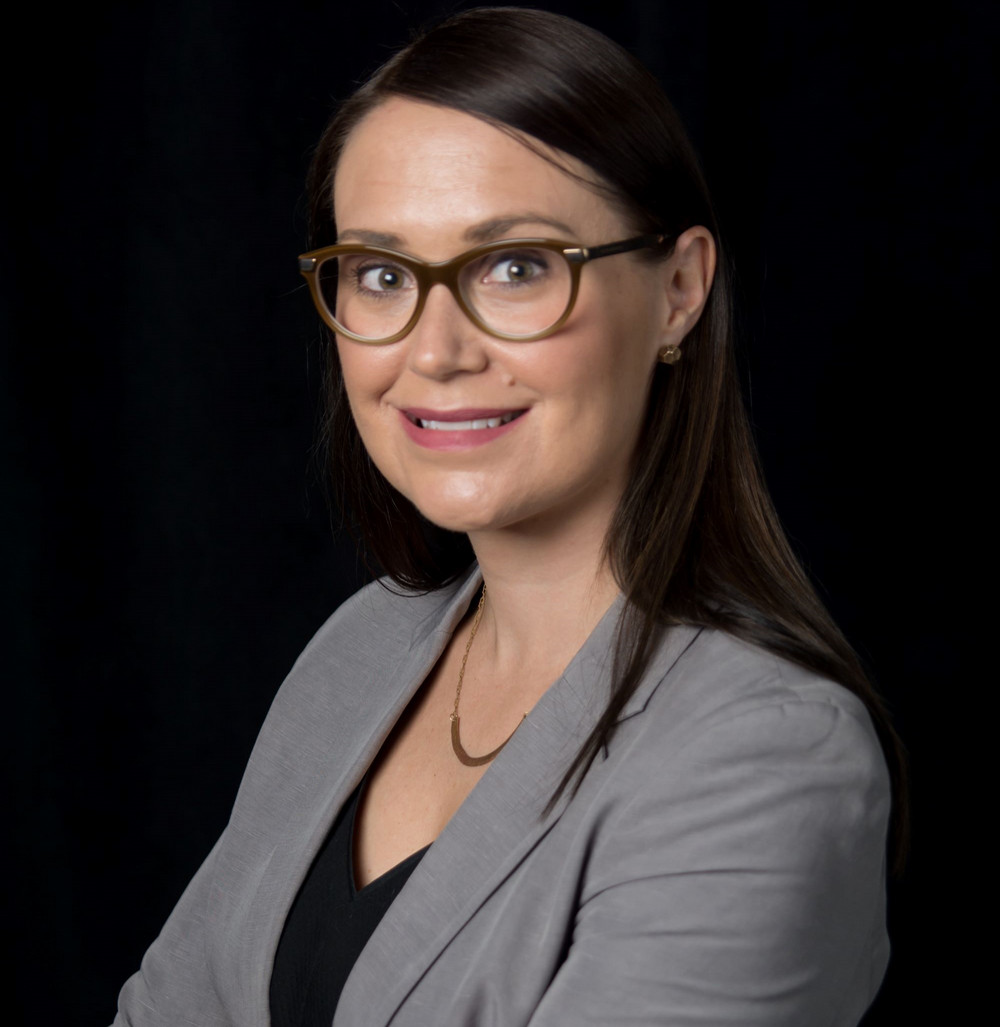
“Being a teacher is an incredible responsibility that I do not take lightly. Students invest significant amounts of time and financial resources into post-secondary education and expect to benefit from this investment—as they should. I see education as a transformative tool, empowering students with critical thinking skills and a heightened curiosity about the pursuit of knowledge. Post-secondary education can enable students to directly shape the world around them.
I teach because I have a personal passion for my discipline, political science. I attempt to demonstrate how the complexities we face today as a society can be understood and responded to through the concepts and analyses of political science. When I went to university, I was exposed to new knowledge that made sense of the world in these ways. Political science engages society, state, and the economy through all sorts of frames—philosophical, theoretical, conceptual, analytical, and practical. The discipline challenges its practitioners to tackle problems through varied and nuanced solutions. I hope the students who enter my classroom can, like I did, find a similarly satisfying personal pursuit through their academic journey.
Students today face mounting pressures related to climate change, global conflict, and domestic changes related to housing, food, and general economic insecurities. I know that students are concerned about the well-being of their futures. Political science is not just theoretical, but also provides tangible tools of analysis to help grapple with these pressures, whether through legislative change, policy levers or social movement change. I try to connect students with the avenues for change that best suit their interests in political change. Generally speaking, these avenues can include political philosophy, economic policy or legislation—political science is a broadly construed discipline that focuses on varied elements of state and society. In these ways, I think the discipline offers most people points of interest with a way to plug into the content of our courses.”
Emily Grafton, PhD
Associate Professor, Politics and International Studies
Faculty of Arts
Dr. Cameron Mang, 2024 recipient of the U of R Award of Excellence in Experiential Learning
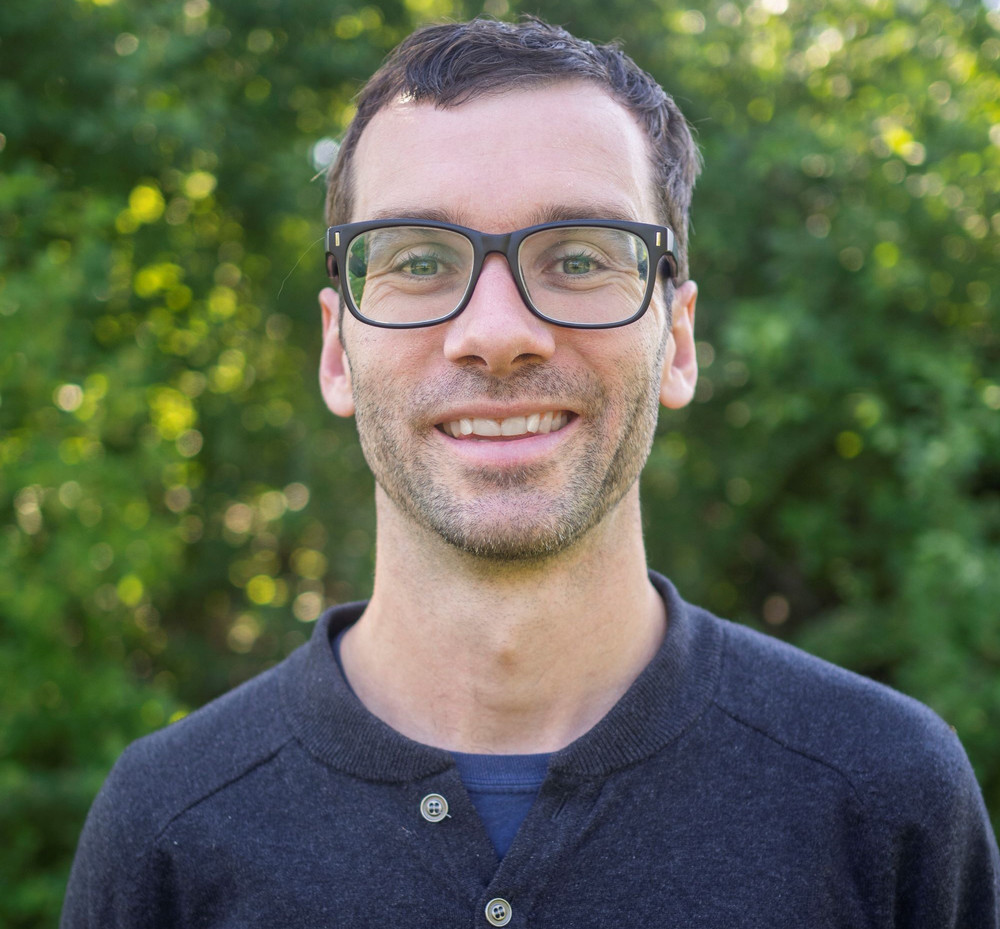
“I teach because it provides me with an opportunity to share my love of learning and contribute positively to the lives of others.
To me, being a teacher means being a spark. I teach in the field of kinesiology or human movement science. Many of us take our everyday movement experiences for granted; one foot placed in front of the other, the press of a key, a turn of the head—no big deal, right? Well, as a teacher, I guide students in reflecting on the complexity of the bodies that we live in and our everyday movement experiences. A seemingly ordinary movement is re-framed as an extraordinary interplay of psychological processes, chemical reactions, biological cascades, and mechanical factors. This new perspective can promote wonder, wonder can lead to fascination, and when it comes to learning, fascination is the fire that I aim to spark.
A positive connection between student and teacher is the most important ingredient of a fruitful learning environment. When a connection is built, students become more likely to engage, ask questions, request help, and provide feedback. With this reciprocity, I can continually update my teaching approaches and support students in attaining true understanding and growth within the topic area. We lift each other up.
I let students know very clearly that, first and foremost, I care about them as human beings and I want them to be successful. I ask them not to look at me as a gatekeeper of grades, but as a steward here to empower them in their studies and future careers. Beyond this, I consider our Faculty (Kinesiology and Health Studies) and the wider University to be a community to which we all belong. I try to be present in this community by attending activities and events (Go Cougars!), showing interest in the lives of others, and sharing the community with my family. A wave here, a joke there, a conversation about the latest sporting event—these little things can go a long way, too.”
Cameron Mang, PhD
Assistant Professor
Faculty of Kinesiology and Health Studies
Dr. Marc Spooner, 2024 recipient of the U of R Award of Excellence in Public Education and Outreach
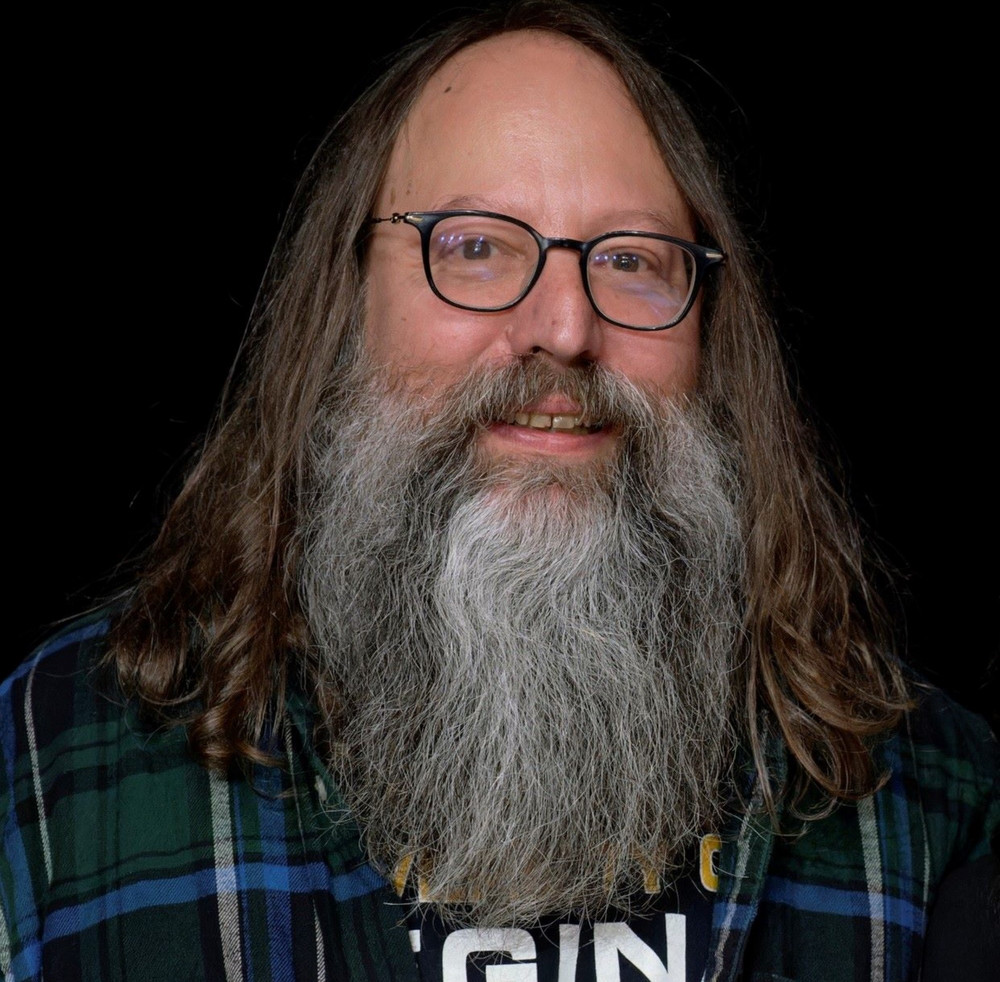
“Education is the wondrous bridge that connects countless previous generations and their discoveries to our current and future generations. Our work at the university is to seek truth, make discoveries, and to pass on knowledge and wisdom—all in the service of our current society, but more importantly, the one on the horizon we aspire to become. To me, it is one of the greatest honours to be a teacher and to be part of that intergenerational transfer process.
In my view, education is not limited to the classroom, though that is certainly an important arena. Public education and outreach are also vital facets of our mission. I see the communities in which the university resides and serves as key multidirectional sites of teaching and learning; that is from the university outward to our communities, but also from these various communities back to the university. Indeed, universities in a democracy have a special role to play in asking difficult questions, ensuring the best available evidence is informing public policy, and helping to foster critical and creative, participatory citizens, whose formation prepares them for a lifetime of democratic engagement. When the university is operating in an optimal fashion, these processes are occurring both inside and outside of campus. Folks often joke that we are in an ivory tower, but the reality is, to me, we are in a lighthouse.”
Marc Spooner, PhD
Professor, Educational Psychology
Faculty of Education
President's Celebration of Teaching, Research, and Service Excellence
The Centre for Teaching and Learning Teaching Awards were presented at the President's Celebration of Teaching, Research, and Service Excellence at Darke Hall on November 12, 2024. In addition to the CTL awards, several other distinguished awards were presented that evening to the following recipients:
Creative Initiative Award – Dr. Heather Hadjistavropoulos, Professor, Clinical Psychology, Faculty of Arts
Safety Award (Academic) – Dr. Tanya Dahms, Professor, Chemistry and Biochemistry, Faculty of Science
Safety Award (Administration) – Joe Zieger, Finance, Supply Management Services
Indigenization Award – Dr. Peter Leavitt, Professor, Biology, Faculty of Science
EDI Award – Dr. Gwen Grinyer, Associate Professor, Physics, Faculty of Science
Team Award – Full-Year Scheduling Team (Barb Elich, Susan Husum, Laura Elsaesser, Sultan Ahmed, Jordan Courtney, Maria Elsom, and Mekong Wilson) Registrar’s Office
University Spirit Award – Kayla Schmaus, Manager of Student Recruitment & Marketing
Service Excellence Award – John Papandreos, Manager of Custodial Services, Facilities Management
Lieutenant Governor’s Post-Secondary Teaching Award 2023 – Dr. Amber Fletcher, Professor, Sociology and Social Studies, Faculty of Arts
Award for Outstanding Graduate Supervision – Dr. Garth Huber, Professor, Physics, Faculty of Science
Teaching Assistant Award – Zohra Zahir, Ph.D. candidate, Biology, Faculty of Science
Graduate Student Excellence Award (Innovation and Research) – Easter Ndlovu, Ph.D. candidate, Chemistry and Biochemistry, Faculty of Science
Graduate Student Community Engagement Award – Brandon Watson, Sessional, Creative Technologies and Design, Faculty of Media, Art, and Performance
About the University of Regina
2024 marks our 50th anniversary as an independent University (although our roots as Regina College date back more than a century!). As we celebrate our past, we work towards a future that is as limitless as the prairie horizon. We support the health and well-being of our 17,200 students and provide them with hands-on learning opportunities to develop career-ready graduates – more than 92,000 alumni enrich communities in Saskatchewan and around the globe. Our research enterprise has grown to 21 research centres and 9 Canada Research Chairs. Our campuses are on Treaties 4 and 6 - the territories of the nêhiyawak, Anihšināpēk, Dakota, Lakota, and Nakoda peoples, and the homeland of the Michif/Métis nation. We seek to grow our relationships with Indigenous communities to build a more inclusive future.
Let’s go far, together.
